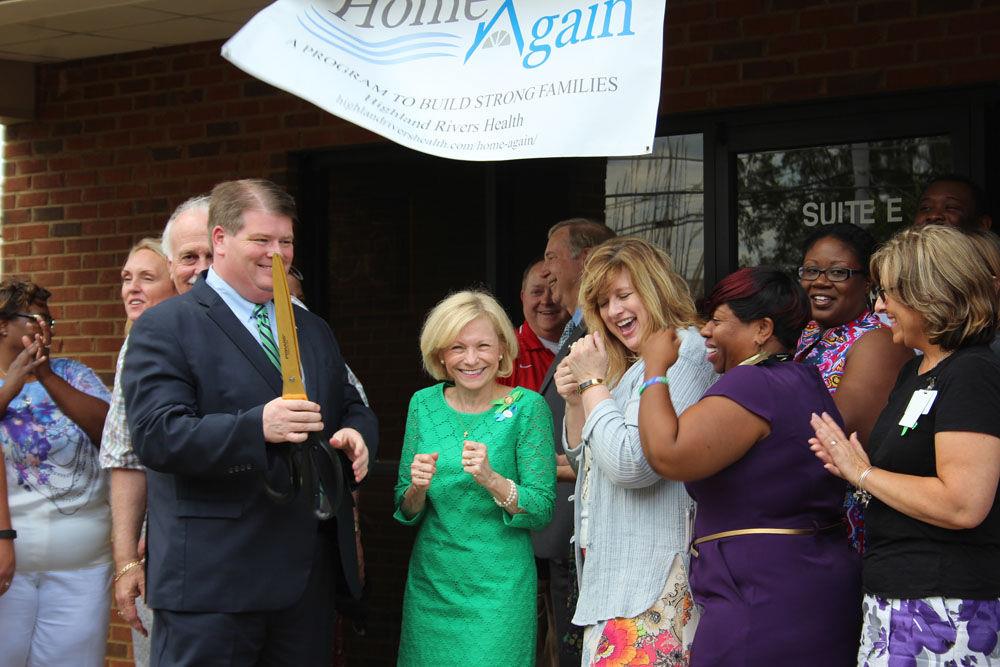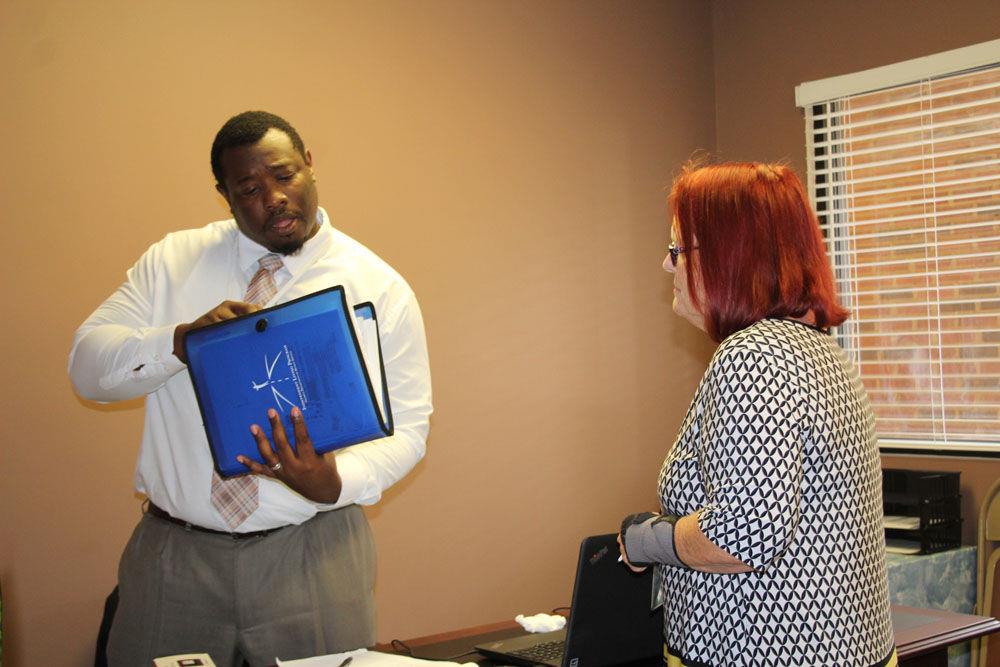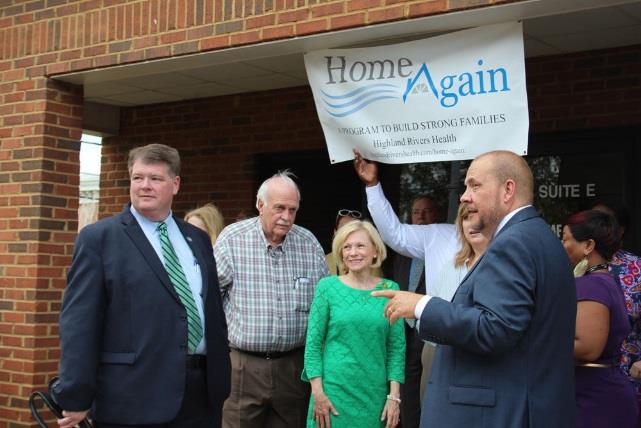Press Release -Washington, DC (May 25, 2017) – The tenth Annual Ramstad/Kennedy Award for outstanding leadership recognizes Cassandra Price, Director of Addictive Services in the Georgia Department of Behavioral Health and Developmental Disabilities, who is being honored for her leadership in recovery support programs across her state and nationally. The award was established in honor of Congressmen Jim Ramstad and Patrick Kennedy. The two Congressmen have been vocal advocates of recovery support services in all forms, and championed localized efforts to support prevention, treatment and recovery.
The Substance Abuse and Mental Health Services Administration (SAMHSA) recognizes that long-term recovery is not only possible, but is the goal of addiction and mental illness treatment and support programs. The 2017 honoree has worked to spread this positive message and the message that prevention can be effective in helping to break the cycle of addiction in families.
Cassandra designed the program to support families dealing with addiction and those whose loved ones are in recovery. She is recognized for her leadership and untiring spirit for the field, the state and most importantly for those whose lives have been touched by substance use disorders. “She has worked to engage state agencies and create change, statewide, that will provide enduring resources for residents and encourage recovery for the future benefit of Georgia families and communities,” said Sis Wenger, National Association of Children of Alcoholics (NACoA), a Recovery Month partner.
“Together in partnership with the dedicated organizations who comprise the Recovery Month Planning Partners, recovery success stories have become commonplace in Georgia, in part because of Cassandra’s on-going and exceptional commitment,” Wenger continued.
“The recipient of the Ramstad/Kennedy award embodies the innovation of a leader dedicated to support prevention, treatment and recovery in their community. On behalf of over 200 collaborating organizations in the Recovery Month Planning Partners, we congratulate Cassandra on her vision and commitment” said Recovery Month partner Marie Gallo Dyak, President of the Entertainment Industries Council, Inc.


